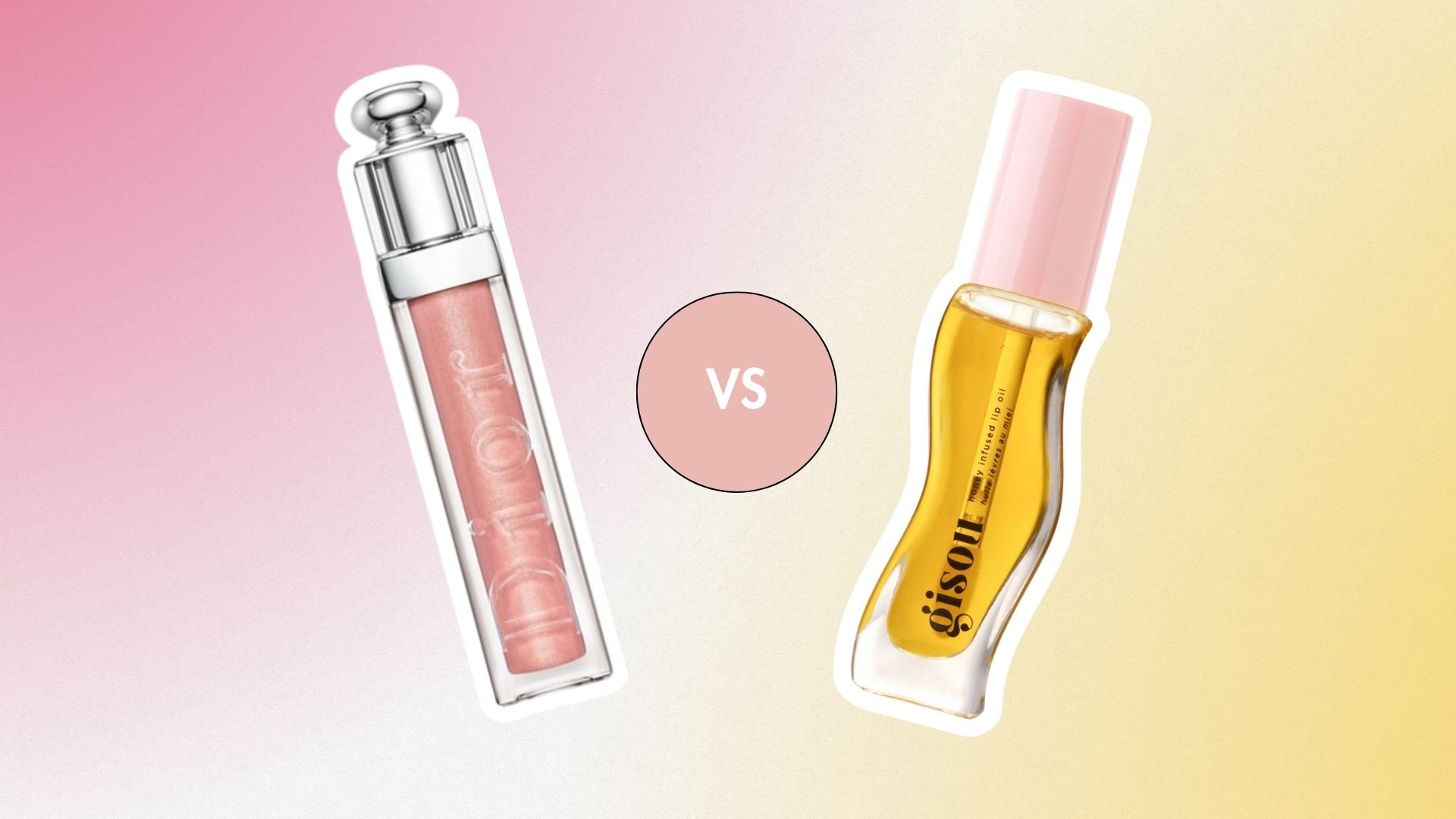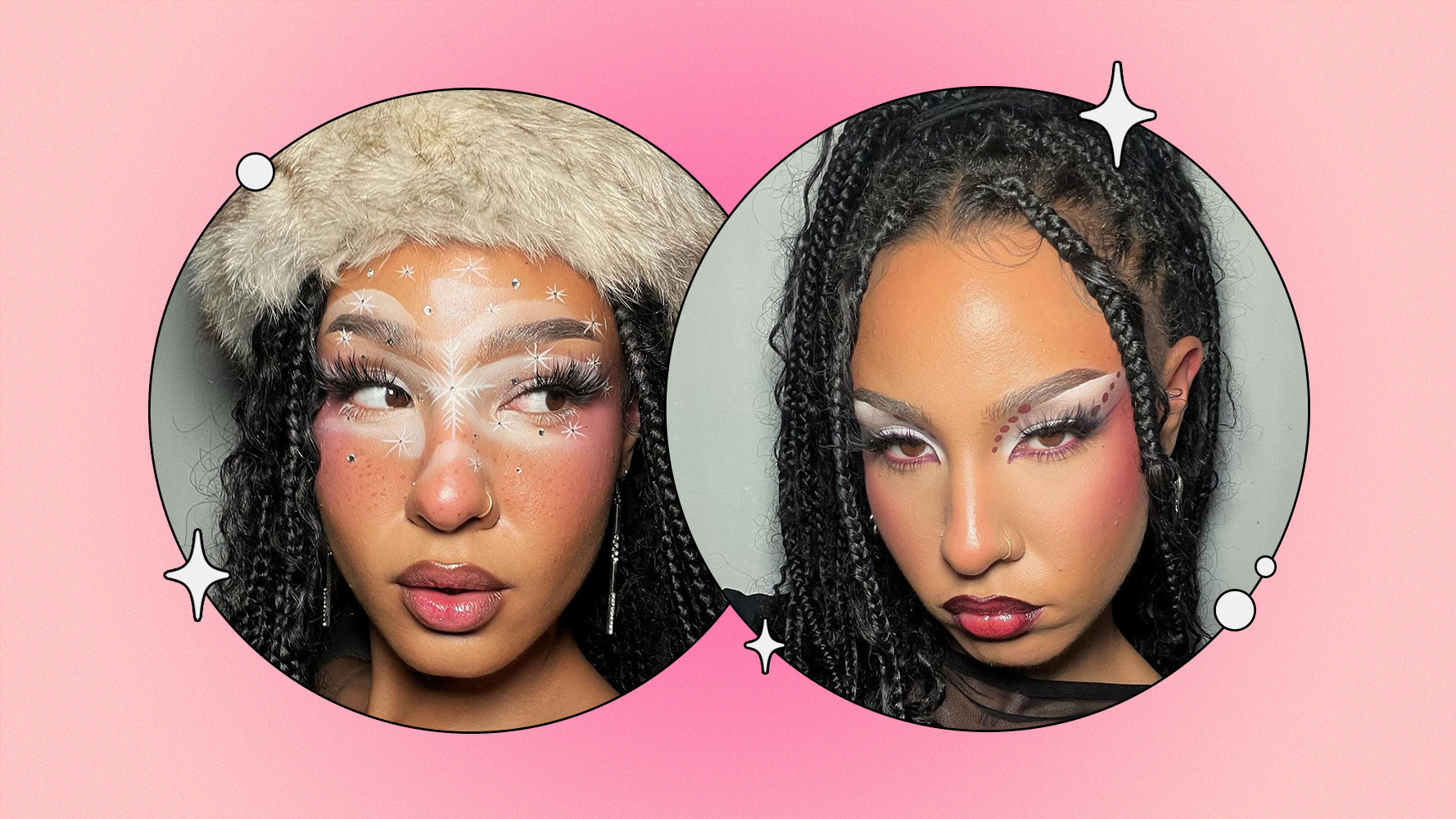Let’s face it, there are a lot of lip products out there on the market. Each product serves a unique purpose: lip oil is designed to nourish and hydrate the lips, making it ideal for daily care, while lip gloss focuses on adding a glossy finish and a touch of color for aesthetic appeal. Choosing between lip oil vs. lip gloss largely hinges on understanding their differences and determining what your lips need most—be it moisture, shine, or both.
Lip oils are packed with hydrating ingredients, like jojoba oil and vitamin E, to soothe dry lips, making them a go-to for those seeking comfort and health. In contrast, lip glosses offer a variety of finishes, from subtle sheen to high shine, enhancing your look with their thicker, sometimes sticky texture. Take a moment to understand their differences and see which one truly suits your style and needs below!
What is Lip Oil?
Lip oil is designed with hydration in mind, making it a favorite for those looking to keep their lips moisturized and healthy. It’s often formulated with natural ingredients such as coconut oil, jojoba oil, and vitamin E, which are known for their nourishing properties. They work together to provide a lightweight, non-sticky feel that keeps lips soft and smooth throughout the day.
Unlike traditional lip care products that might focus solely on aesthetic benefits, lip oil goes beyond just appearance. It absorbs quickly, offering deep hydration without leaving any residue. For people who struggle with dry, chapped lips, it also provides a protective barrier that locks in moisture. Given its hydrating benefits, lip oil can be a standalone product for those prioritizing lip health. It also serves as a great base under lipstick or lip gloss, enhancing the overall look and feel of other lip products.
What is Lip Gloss?
Lip gloss brings a different set of attributes to the table, primarily aimed at enhancing the lips’ visual appeal. It’s known for its ability to add a glossy sheen that can range from a subtle glow to a dramatic, mirror-like finish. Furthermore, the base of lip gloss often includes emollients and thickeners, which contribute to its characteristic thicker and sometimes sticky texture, providing that sought-after shine.
Lip gloss formulations are vast, with options including sheer, tinted, and even glitter finishes. It allows for significant versatility in creating various looks, from everyday natural to full-on glam. Moreover, recent advancements in lip gloss formulas have seen the incorporation of hydrating elements, blurring the lines between gloss and care. While not as focused on nourishment as lip oil, these newer glosses — such as Tower 28 Beauty’s ShineOn Milky Lip Jelly or Fenty Beauty’s Gloss Bomb — offer comfortable wear.
Key Differences Between Lip Oil and Lip Gloss
The main differences between lip oil and lip gloss lie in their purpose, ingredients, texture, and overall effect on the lips.
Purpose: Lip oil is primarily aimed at hydrating and nourishing the lips, making it ideal for daily care and health. Lip gloss, meanwhile, focuses on enhancing the lips’ appearance with shine and color, catering more to aesthetic preferences.
Ingredients: Lip oil is formulated with natural oils and vitamins that are beneficial for lip health, providing moisture and protection against dryness. Lip gloss typically contains synthetic components designed to create a glossy finish, with some formulas now also including hydrating ingredients.
Texture and Feel: Lip oil is known for its lightweight and non-sticky texture, offering comfortable wear throughout the day. Lip gloss, on the other hand, tends to have a thicker, sometimes sticky feel that contributes to its lasting shine.
Finish and Appearance: Lip oil gives a subtle sheen and can enhance the natural color of the lips without overwhelming them. Lip gloss offers a more dramatic glossy finish, with options ranging from sheer to highly pigmented, capable of significantly altering the look of the lips.
When deciding between lip oil and lip gloss, consider your primary need: hydration or shine. The former is perfect for those who prioritize lip health and comfort, while lip gloss is suited for those looking to make a visual impact. However, the lines between the two have blurred recently, with many products offering a mix of both benefits.
Choosing Between Lip Oil and Lip Gloss
When it comes down to deciding whether lip oil or lip gloss is right for you, consider what your lips need most and the look you’re aiming to achieve. Here are a few pointers to guide your choice:
For Hydration: If your main concern is dry or chapped lips, lip oil is your go-to. Its nourishing ingredients work to heal and hydrate, making it an excellent choice for daily lip care. It’s especially beneficial in colder months or in dry climates where lips are more prone to losing moisture.
For Shine and Color: When your goal is to add a pop of color and shine, lip gloss has the edge. With its variety of finishes and hues, lip gloss can elevate any look, whether you’re keeping it casual or dressing up for an event. It’s also the better option if you’re looking to give the illusion of fuller, plumper lips.
Combining Both: You don’t always have to choose one over the other. Applying lip oil as a base can hydrate and prep your lips, making them smooth and ready for color application. Layering lip gloss on top adds the desired shine and tint, merging the benefits of both products.

FAQ
Are there specific application tips for lip gloss to avoid a sticky feel?
To avoid a sticky feel with lip gloss, apply a thin layer and start at the center of your lips, spreading outwards. Avoid pressing your lips together immediately after application. Choosing a high-quality gloss formulated for long wear and comfort can also minimize stickiness
Can wearing lip gloss daily dry out your lips?
Daily use of lip gloss won’t necessarily dry out your lips if you choose formulas enriched with hydrating ingredients. Avoid glosses with high alcohol content or those that are overly fragranced, as these can lead to dryness. Applying a nourishing lip balm underneath your gloss can provide an extra hydration layer, protecting your lips from potential drying effects.
Can lip oil be used with other lip products?
Yes, apply lip oil as a hydrating base before lipstick for smoother application or over lipstick for added shine and moisture. It’s versatile and can enhance both the look and health of your lips.
Published by Malcolm Trapp








